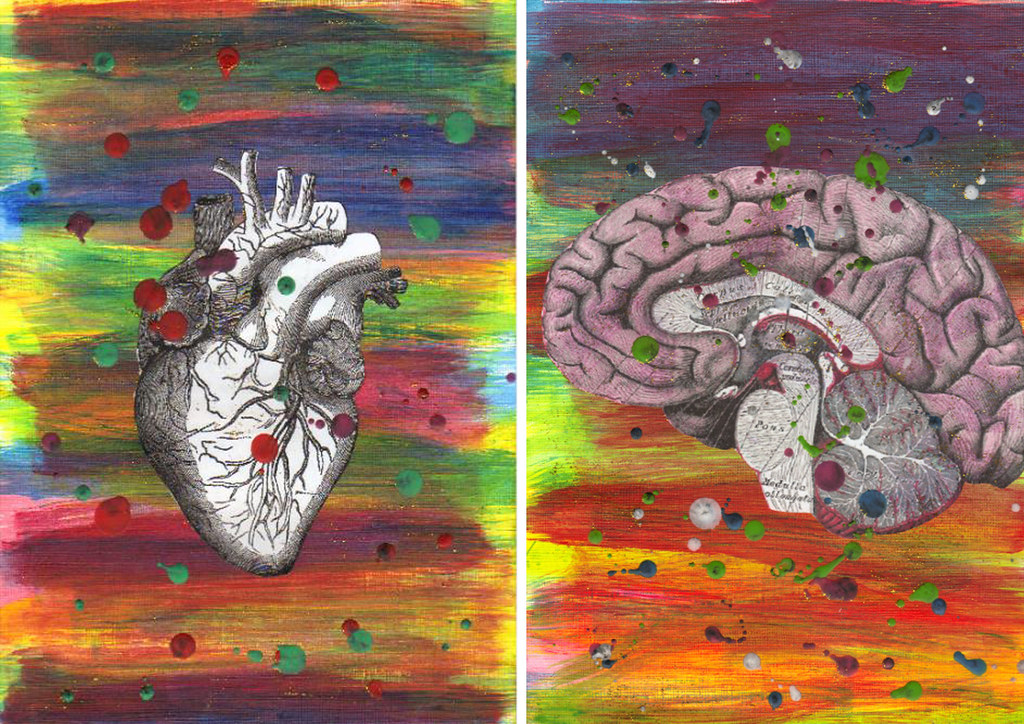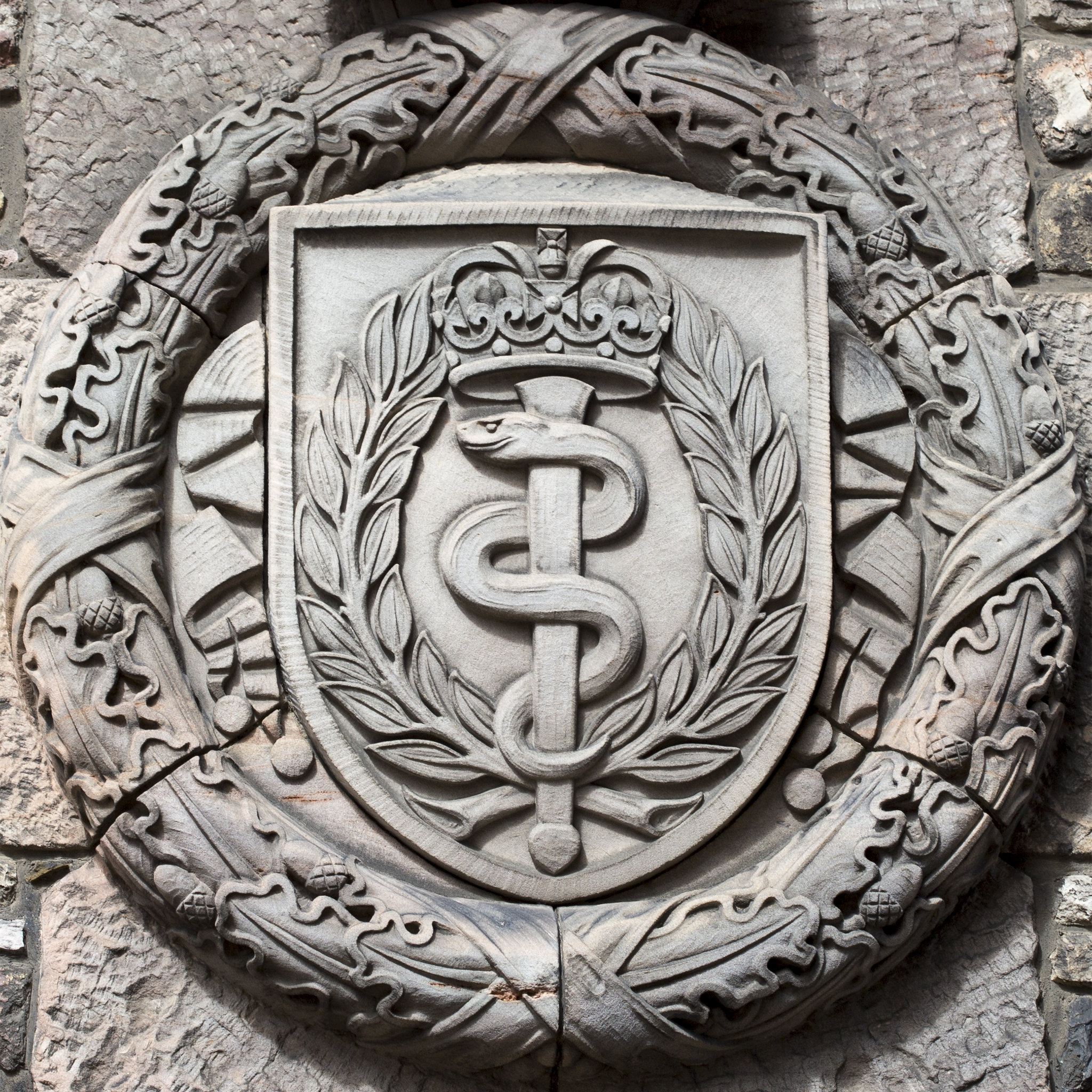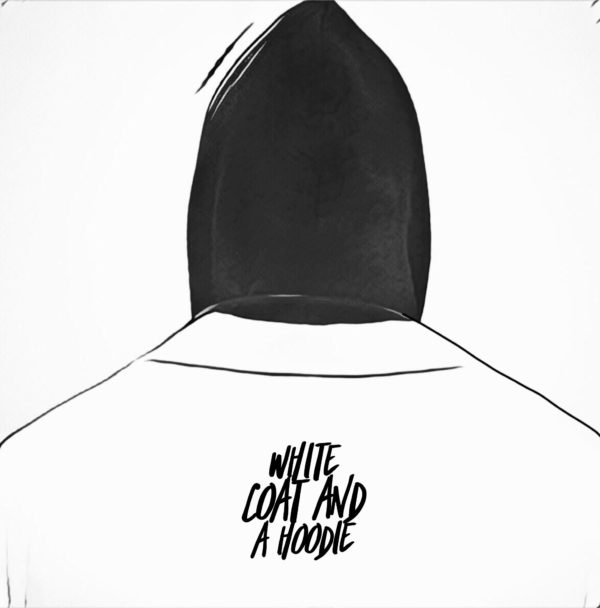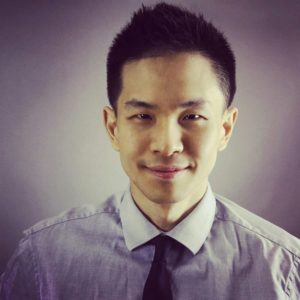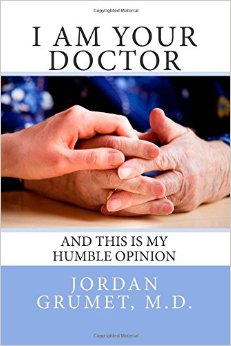The road to medical school mostly requires good grades in the hard sciences, high entrance exam scores, volunteering, and other quality extracurricular experiences. Once in medical school, the curriculum is a rollercoaster ride of learning anatomy, physiology, pathology, diagnosis, and treatment. At first glance, the journey seems to leave little room for anything else. Along the way, we also often hear about cultivating behavioral decorum and social intelligence as soon as our third year clinical rotations begin, or possibly even sooner.



